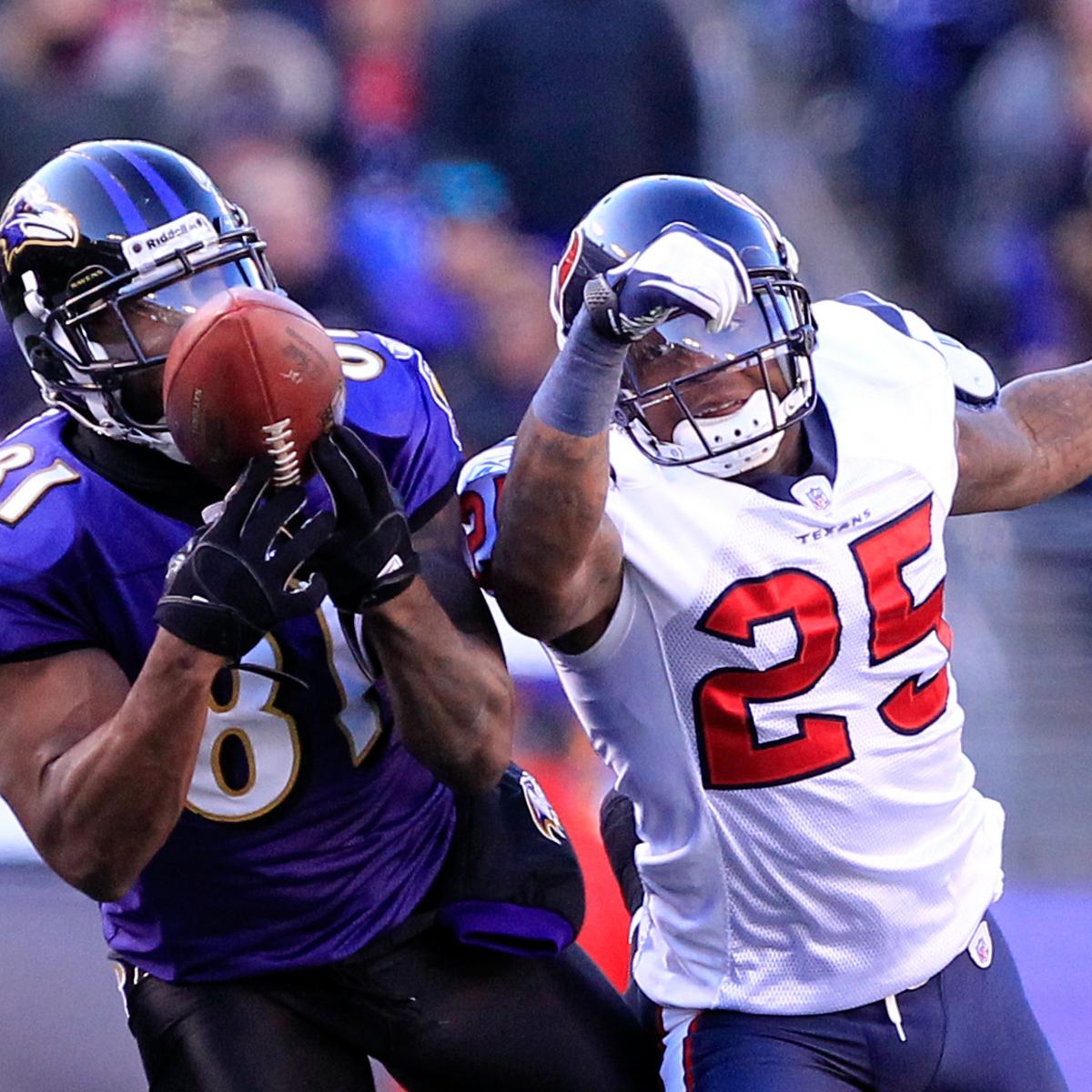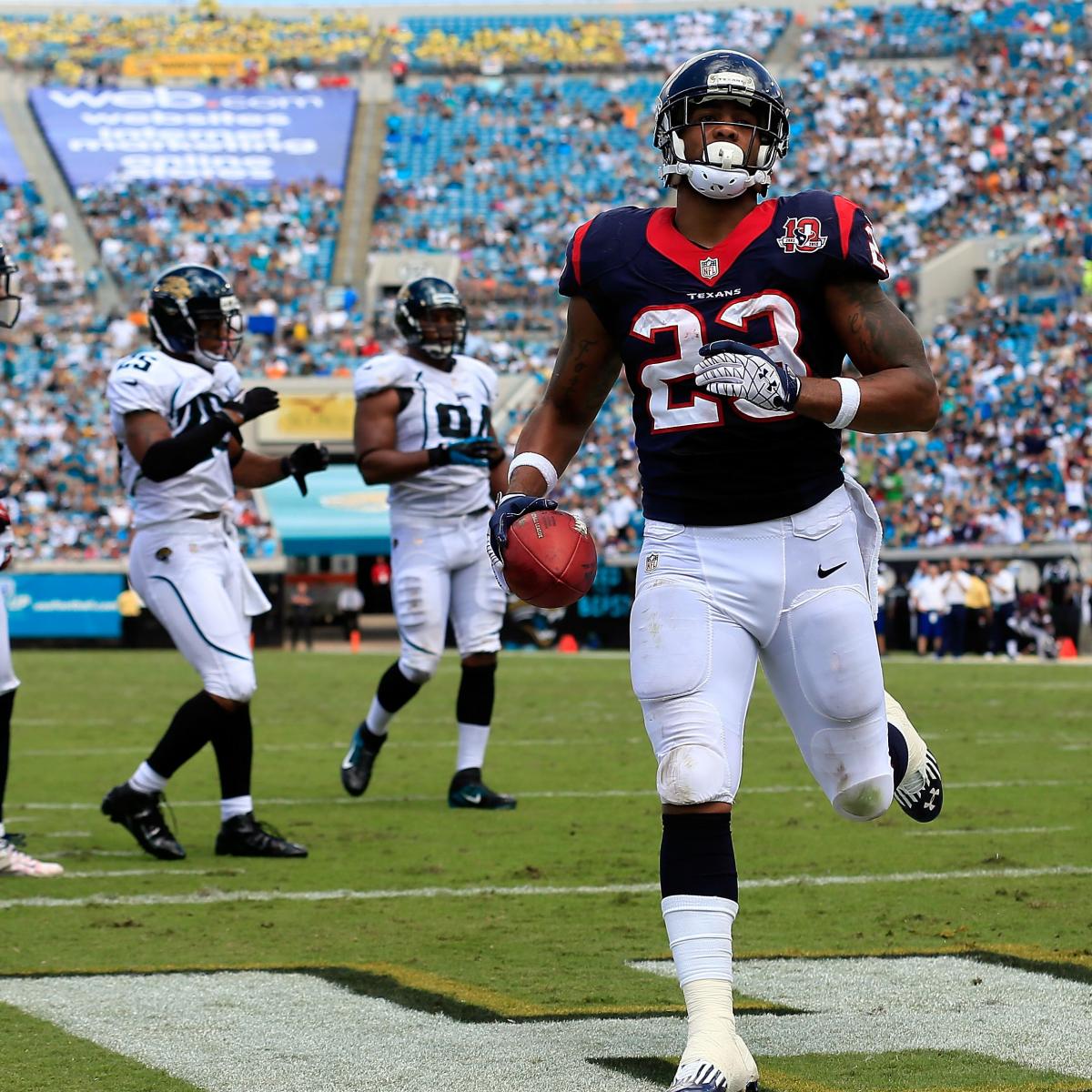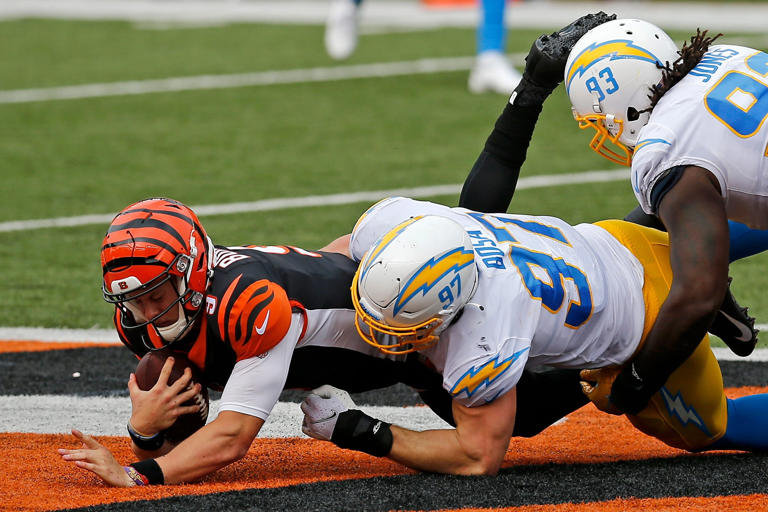12+ Insights To Win Your Fantasy Football League

As the fantasy football season approaches, enthusiasts are gearing up to assemble the ultimate team,a blend of seasoned players and newcomers with potential. The quest to win a fantasy football league is multifaceted, involving strategic team management, in-depth knowledge of player performance, and a bit of luck. Here are 12+ insights to help you navigate the complexities of fantasy football and emerge victorious:
1. Pre-Season Research: The Foundation of Success
Before the draft, conduct thorough research on players, teams, and their schedules. Factors like team chemistry, coaching changes, and off-season injuries can significantly impact player performance. Utilize fantasy football magazines, online forums, and reputable websites to stay informed.
2. Draft Strategy: Balance and Flexibility
A successful draft is about striking a balance between proven performers and potential sleepers. Prioritize consistency but also consider the upside of younger players or those in new, potentially favorable situations. Flexibility in your draft strategy allows you to adapt to unexpected picks and opportunities.
3. In-Season Management: The Art of Adaptation
The ability to adjust your lineup based on weekly match-ups, injuries, and performance trends is crucial. Stay abreast of injury reports and be prepared to make moves on the waiver wire. sometimes, benching a star player facing a tough defense in favor of a lesser-known player with a favorable match-up can be a winning strategy.
4. Player Consistency vs. High Ceiling
While consistency is key for a stable foundation, having players with a high ceiling can win you weeks. Balance your team with both reliable performers and those capable of putting up massive numbers on any given week.
5. Defense and Special Teams: Often Overlooked, Never Underappreciated
A strong defense can be the difference-maker in fantasy football. Look for teams with consistent defensive performances and favorable schedules. Similarly, special teams can contribute significantly through return touchdowns and blocked kicks.
6. The Bye Week Conundrum: Plan Ahead
Bye weeks can significantly impact your lineup. Plan ahead by ensuring you have sufficient depth to cover missing players without sacrificing too much in terms of talent. Trading for players with later bye weeks can also be a strategic move.
7. Staying Ahead of the Curve: Fantasy Football Trends
Keep an eye on emerging trends and player usage patterns. The NFL is a dynamic league, and what worked last season may not this year. Adjust your strategy based on current data and the evolution of player roles within their teams.
8. Waiver Wire Wizardry: Finding Hidden Gems
The waiver wire can be a treasure trove of underappreciated talent. Regularly scan the wire for players who are trending up due to increased usage, favorable match-ups, or injuries to teammates. Being the first to capitalize on a breakout player can significantly boost your team’s performance.
9. Trade Negotiations: The Art of the Deal
Trading is an art that requires a combination of valuation skills, negotiation tactics, and sometimes a bit of luck. Be willing to make moves but ensure you’re not overpaying or under-selling. Consider the other owner’s team needs and use that to your advantage.
10. Winning the Mental Game: Staying Focused and Adaptable
Fantasy football can be as much about mental endurance as it is about football knowledge. Avoid overreacting to weekly results, whether good or bad. Stay focused on your strategy and be willing to adapt as the season progresses.
11. Community Involvement: Learning from Others
Engage with the fantasy football community through forums, social media, and podcasts. Learning from others, sharing insights, and staying updated on the latest news can provide invaluable information to inform your decisions.
12. Data-Driven Decisions: The Power of Statistics
Incorporate statistical analysis into your decision-making process. Look at advanced metrics like yards per route run, target share, and defensive efficiency ratings to get a deeper understanding of player and team performances.
Bonus Insight: Emotional Detachment
Perhaps the most challenging aspect of fantasy football is maintaining emotional detachment. It’s easy to get caught up in the excitement of your favorite players or the frustration of a losing streak. However, making decisions based on emotions rather than logic can lead to mistakes. Stay objective, even when it’s hard.
Bonus Insight: Post-Draft Strategy
After the draft, don’t just sit back. Continuously monitor your team’s performance, adjust your lineup as needed, and be proactive on the waiver wire. The difference between winning and losing often comes down to small, strategic moves made throughout the season.
Bonus Insight: Staying Flexible
Be prepared for anything. The NFL season is full of surprises, from unexpected player breakouts to season-ending injuries. The ability to adapt quickly to new information and adjust your strategy accordingly can be the key to overcoming obstacles and achieving victory.
What is the importance of pre-season research in fantasy football?
+Pre-season research is crucial as it provides a foundation for informed decision-making during the draft and throughout the season. It helps in understanding player values, team dynamics, and potential sleepers, ultimately contributing to a well-rounded and competitive team.
How do I balance consistency and upside in my fantasy football team?
+Balance is key. While consistent performers provide a stable foundation, players with high upside can offer the potential for significant weekly wins. Assessing each player's situation, including their role in the team, the team's schedule, and overall talent, can help in making decisions that achieve this balance.
What role does in-season management play in winning a fantasy football league?
+In-season management is vital and involves making strategic decisions about lineups, waiver wire pickups, and trades based on current trends, injuries, and performances. Staying active and adaptable can significantly impact the team's performance and ultimately, the chance of winning the league.
In conclusion, winning a fantasy football league requires a multi-faceted approach, combining strategic planning, continuous learning, and the ability to adapt to the ever-changing landscape of the NFL. By embracing these insights and staying committed to your strategy, you can position yourself for success and make your fantasy football season one to remember.


